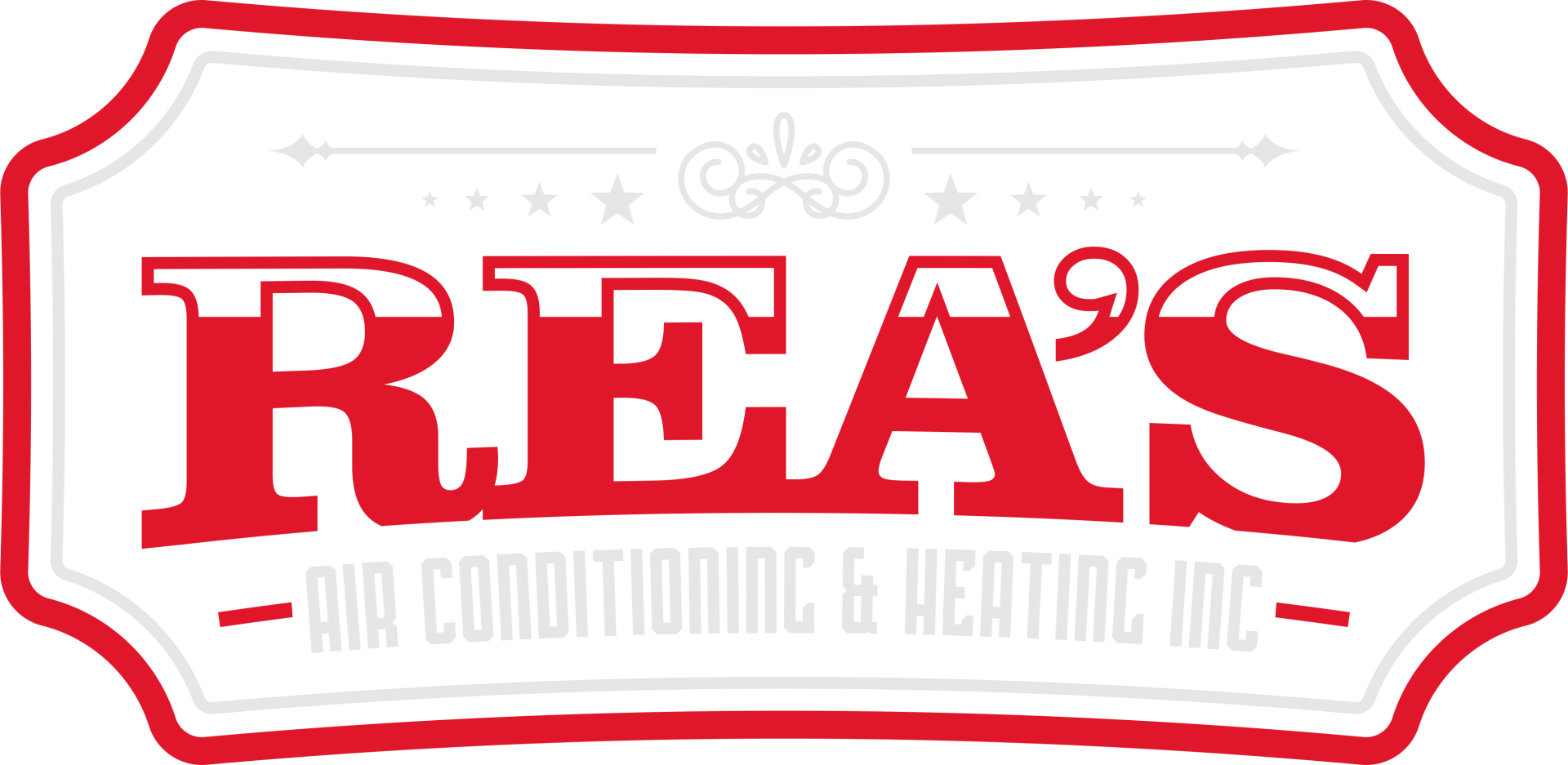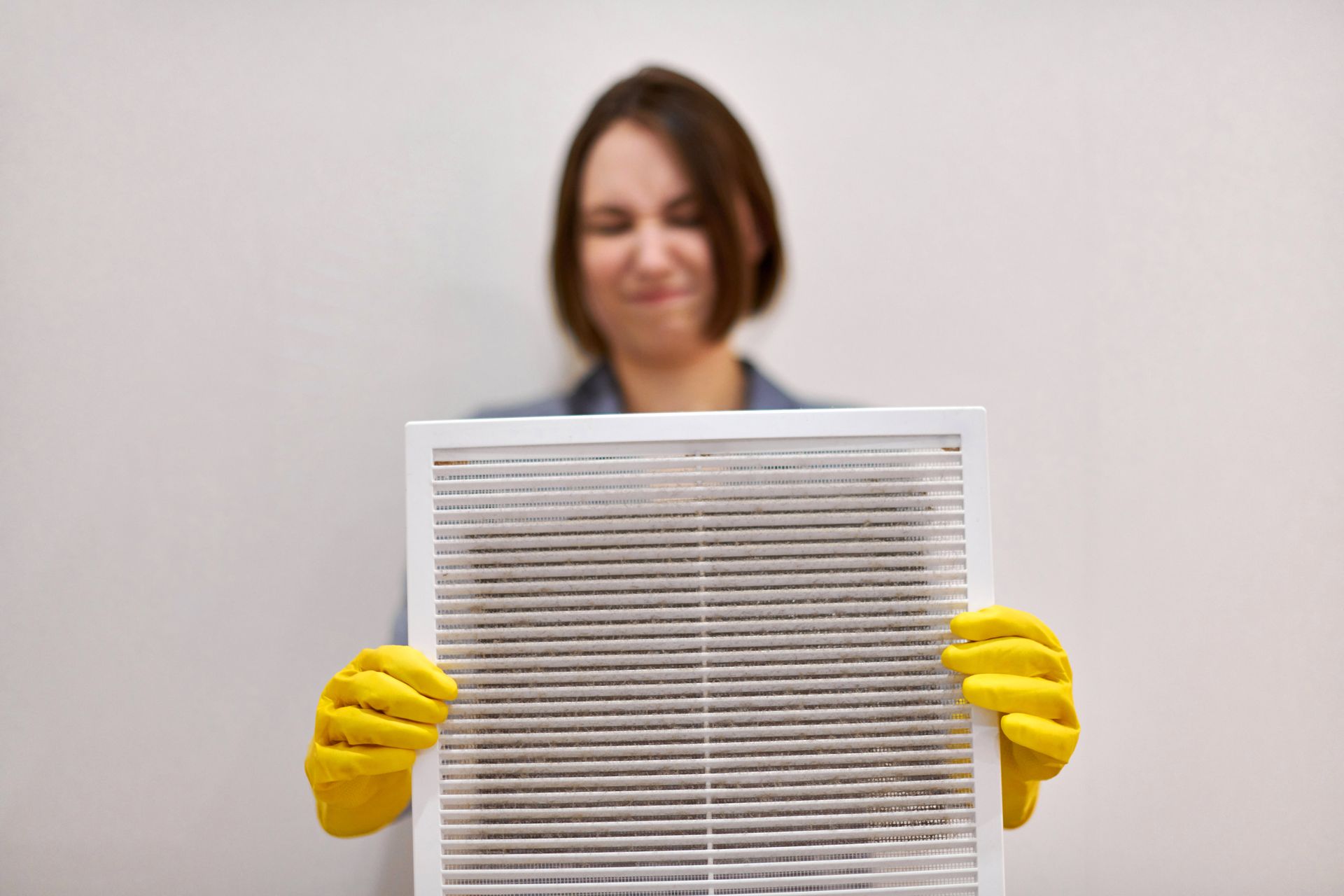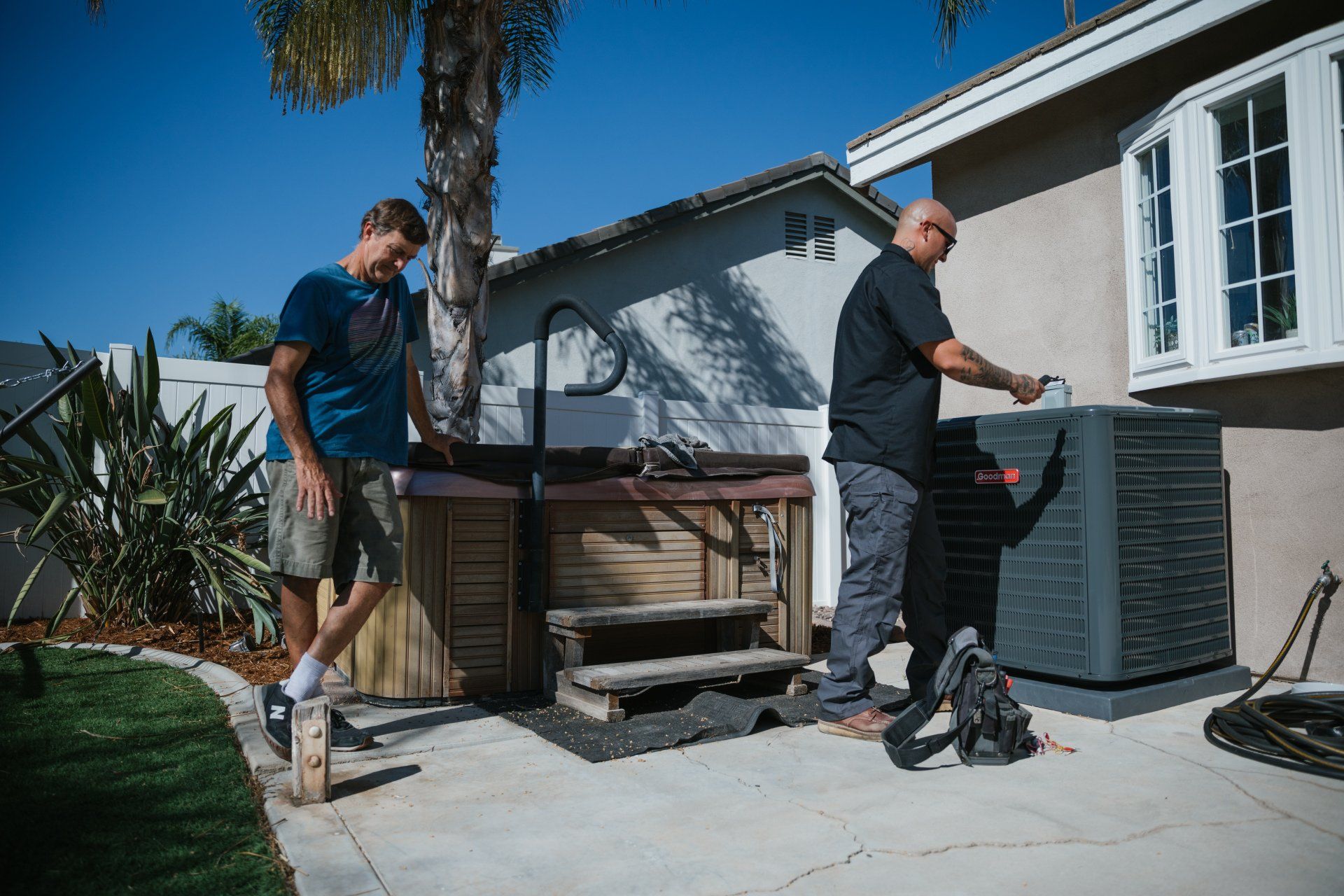Simple and Effective HVAC Tips to Save Energy in San Diego County
San Diego’s Energy Challenge
If you live in San Diego County, you know the story: perfect weather, sky-high energy bills. Between SDG&E’s steep rates and our long, mild cooling seasons, even modest HVAC use can drive up monthly costs. But cutting your bill does not mean cutting your comfort. With the right system care, smart upgrades, and energy-efficient habits, you can enjoy a cool home without breaking the bank.
Here are simple, effective ways to slash your energy costs—straight from the pros at Rea’s HVAC.
1. Schedule Regular HVAC Maintenance
It might not sound glamorous, but regular maintenance is the foundation of efficiency. When filters are clogged or coils are dirty, your system works twice as hard to do half the job. That means more wear and higher bills.
What to do:
- Replace air filters every 1–3 months (especially if you have pets).
- Schedule professional tune-ups at least once a year.
- Have your system inspected for leaks, corrosion, and airflow issues.
A well-maintained HVAC system can reduce your energy use by up to 15% or more—and extend the life of your equipment.
2. Upgrade to a Smart Thermostat
Smart thermostats are a game-changer for San Diego homeowners. These devices automatically adjust your temperature based on your schedule, saving energy when you are asleep or away.
Benefits:
- Remote control via app or voice assistant.
- Real-time energy reports.
- Learning algorithms that adapt to your routine.
In San Diego’s coastal climate, setting your thermostat just a few degrees higher in summer—or lower in winter—can translate into significant monthly savings without sacrificing comfort.
3. Seal Air Leaks and Improve Insulation
Even the most efficient HVAC system cannot overcome poor insulation. In San Diego County, older homes in coastal and inland areas often have leaks around windows, ducts, and attics that allow conditioned air to escape.
Quick Fixes:
- Seal windows and doors with weatherstripping or caulk.
- Insulate your attic and ductwork.
- Schedule an energy audit to pinpoint problem areas.
According to the U.S. Department of Energy, sealing leaks can save 10–20% on annual heating and cooling costs.
4. Consider an Energy-Efficient HVAC Upgrade
If your system is over 10–15 years old, it’s likely using far more energy than newer models. Modern HVAC systems—especially ENERGY STAR®-certified units—are built for efficiency and can dramatically reduce monthly costs.
Incentives for San Diego Homeowners:
- Rebates through
SDG&E’s energy efficiency programs.
- Federal tax credits for qualifying equipment.
- Long-term savings on maintenance and utility bills.
Rea’s HVAC can help you choose and install the ideal system for your home’s size, usage, and microclimate—whether you’re coastal, inland, or in the foothills.






